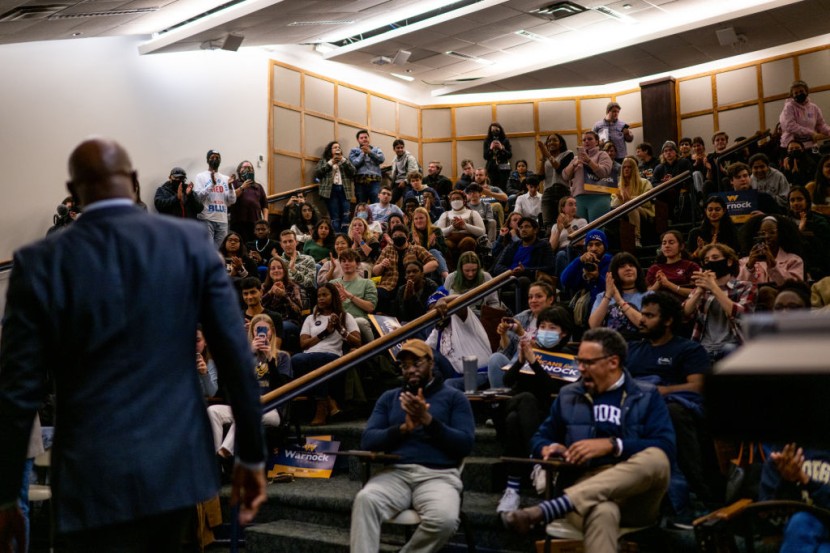Gizmodo noticed that when a user enters information about their GPA and SAT scores, the College Board website shares such information with Facebook and TikTok.
The site informed the social media companies when this reporter used the College Board's search filtering capabilities to locate universities that may accept a kid with a C+ grade point average and a SAT score of 420 out of 1600. Facebook and TikTok know whether a pupil is doing well on examinations or having trouble, as reported by Gizmodo.
The Use of "Pixels"
The College Board distributes this information through "pixels," an indiscernible tracking tool used to enable targeted advertising on websites like Facebook and TikTok. In addition to other information regarding your use of the College Board website, the data is given along with distinctive user IDs to identify the students.
Businesses share data using pixels and other techniques in order to offer tailored advertisements to users of their applications and websites on other platforms like Google, Facebook, and TikTok.
Gizmodo tweeted a screenshot of the College Board utilizing a pixel to broadcast GPAs and SAT scores to TikTok after receiving this comment. The official then agreed that this information is really shared on the College Board website.

The representative emphasized that neither pixels nor cookies are used to disclose any personally identifying information.
In the tests, the College Board did not share any personally identifiable information, such as names or phone numbers. However, in order to identify and track users, pixels and cookies frequently include distinctive strings of letters and numbers. Experts have argued and shown that this is far from anonymous and that there are privacy dangers for years.
On the internet, sharing of this kind of data is typical.
Read also: Canada Pulls Ads on Facebook, Instagram Amid News Row
Calls for a Higher Standard in Handling Student Data
Although many of these services are practically required in the American educational system, many privacy advocates contend that the College Board and other businesses handling student and minor data should be held to a higher standard.
When it comes to protecting students' privacy, the College Board has a long and troublesome history. The company was exposed in 2018 and 2019 for selling student data, including the names of SAT test takers, for as little as 47 cents per item.
Similar data sharing methods were discovered by this reporter's research in 2020, which revealed that the College Board shared practically all of your online activity with Google, Facebook, and a number of other firms.
This at the time was a violation of the clear promises made by the College Board to users, such as the "Student Privacy Pledge," a voluntary agreement between organizations that provide educational technology.
The College Board agreed to not "use or disclose student information collected through an educational/school service (whether personal information or otherwise) for behavioral targeting of advertisements to students."
The College Board is no longer listed as a signatory and appears to have removed all references to the Student Privacy Pledge from its website since that time.
According to a spokesperson for the College Board, the organization uses student data with consent to assist students in enrolling in and succeeding in college. The spokesman stated, "Transparency is among our key data privacy principles," and provided a link to the organization's privacy policy.
The College Board is a difficult organization to avoid if you want to pursue higher education in the United States. The company creates and delivers the SAT test and Advance Placement (AP) tests, which students take to strengthen their applications and receive college credit. The College Board also administers standardized exams to students as young as kindergarteners and, in certain school districts, effectively develops the curriculum.
The College Board is a non-profit organization, however it has certain governmental-level authority. However, that does not imply that it is not profitable for those in charge of it. 14 of the 17 officials at the College Board made more than $300,000 in 2021, per tax documents. CEO David Coleman and President Jeremy Singer each earned $1,782,254 in total.
Related article: TikTok To Add European Data Centers Amid Privacy, Misinformaton Concerns








